Episode 332. ATTRA and SARE: Breeding Squash for Disease Resistance and ‘Eating Quality’
This episode of Voices from the Field was produced in partnership with ATTRA and the Sustainable Agriculture Research and Education program. To learn more about SARE’s library of practical information and available grants to fund projects that advance sustainable agriculture, visit sare.org.
In this episode, NCAT Sustainable Agriculture Specialist Justin Duncan talks with Edmund Frost at the Twin Oaks Intentional Community in Virginia. Edmund is the managing director of Common Wealth Seed Growers, a cooperative of seed growers producing farmer-grown, regionally trialed seeds in the Southeast.
Since 2013, he has received funding from Southern Sustainable Agriculture Research and Education for research and breeding work with butternut squash. Justin and Edmund talk about breeding strategies to produce butternut squash that is resistant to downy mildew while still maintaining its eating quality. They also discuss how Edmund conducts taste tests of the squash and how he gathers the data from his research.
Related ATTRA Resources:
Squash Bug and Squash Vine Borer: Organic Controls
Organic Pumpkin and Winter Squash Marketing and Production
Related SARE Resources:
Breeding and Evaluation of Butternut Varieties for Southeast Organic Farms
Winter Squash Evaluation and Improvement for Downy Mildew Resistance and Fruit Quality
Identifying and Marketing Open-Pollinated and Organic Cucurbit Seedstocks for Virginia
Other SARE/NCAT Podcasts:
Episode 327. ATTRA and SARE: The Commercial Potential of Mulberries in the Midwest.
Other Resources
Twin Oaks Intentional Community
Contact Justin Duncan at justind@ncat.org.
Please complete a brief survey to let us know your thoughts about the content of this podcast.
You can get in touch with NCAT/ATTRA specialists and find access to our trusted, practical sustainable-agriculture publications, webinars, videos, and other resources at ATTRA.NCAT.ORG.

 Julian Fong Wiki Commons
Julian Fong Wiki Commons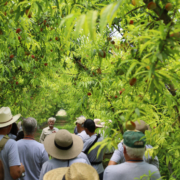
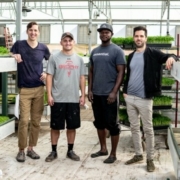

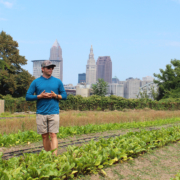 NCAT
NCAT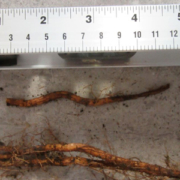
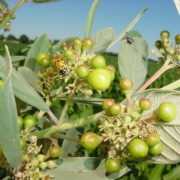
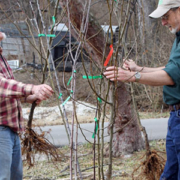
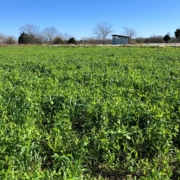
 Wikimedia commons, by Daniel Georg Döhne
Wikimedia commons, by Daniel Georg Döhne